LEDS LAC, the Global Climate Action Partnership (GCAP) platform for Latin America and the Caribbean, is a regional network driven by the countries of the region.
Since 2012, LEDS LAC collaborates in the implementation of Nationally Determined Contributions (NDCs) and promotes resilient and low-emission development strategies, as well as bringing together representatives from governments and the private sector, non-governmental organizations, international cooperation organizations and academics working on the promotion and implementation of LEDS, facilitating the transition to a sustainable future in LAC.
LEDS LAC is a regional meeting place for representatives of governments, cooperation agencies, non-governmental organizations, academia and the private sector that are facilitating the advancement of LEDS in the region, seeking:
Addressing the challenges posed by climate change requires the integration of mitigation and adaptation objectives into development policies and strategies. At the same time, achieving the economic and social aspirations of our countries requires taking these challenges into account.
For this reason, LEDS LAC promotes the formulation and implementation of national, sub-national and sectoral strategies that respond at the same time to the triple objective of promoting development, reducing emissions and increasing resilience.
These Low Emission and Resilient Development Strategies (LEDS) enable countries to move towards sustainable development and meet their climate commitments. Beyond the implementation of isolated mitigation and adaptation actions, we are interested in transforming the region's development pattern.
That is why we support leaders who are driving change from governments, civil society, the private sector and the international community.
At LEDS LAC we are people-oriented and consider all our members to be experts who can contribute their experiences and knowledge, and also learn from each other. We avoid duplication of efforts and promote collaboration.
emphasizing experiences from national and sectorial processes
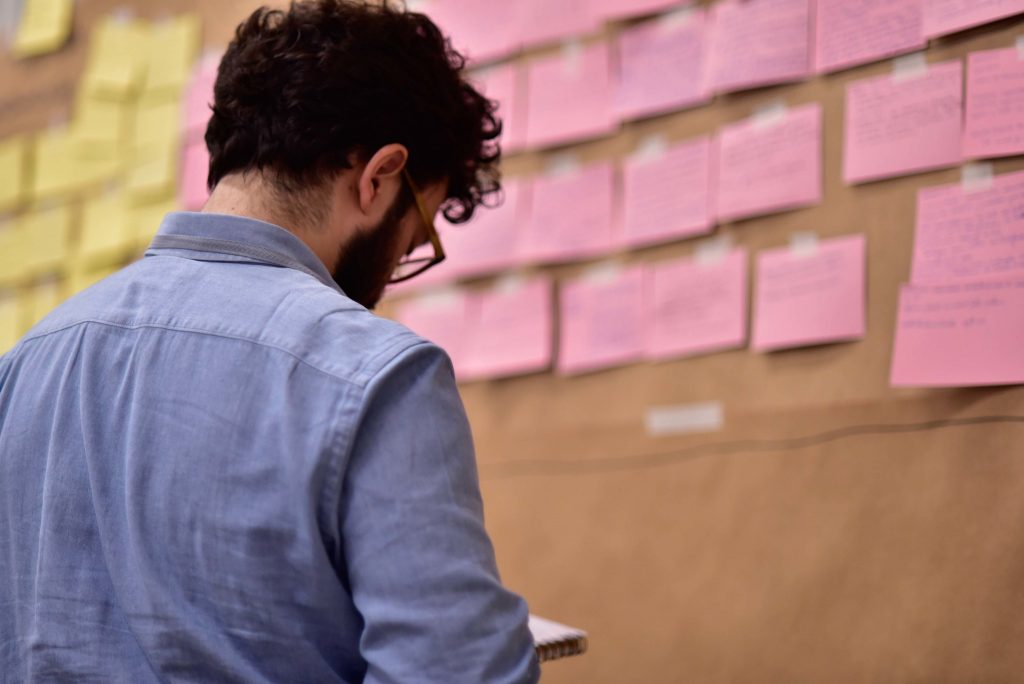
through peer-to-peer exchange and learning spaces and training sessions.
and key organizations to exchange best practices and find collective solutions through face-to-face and virtual meetings.
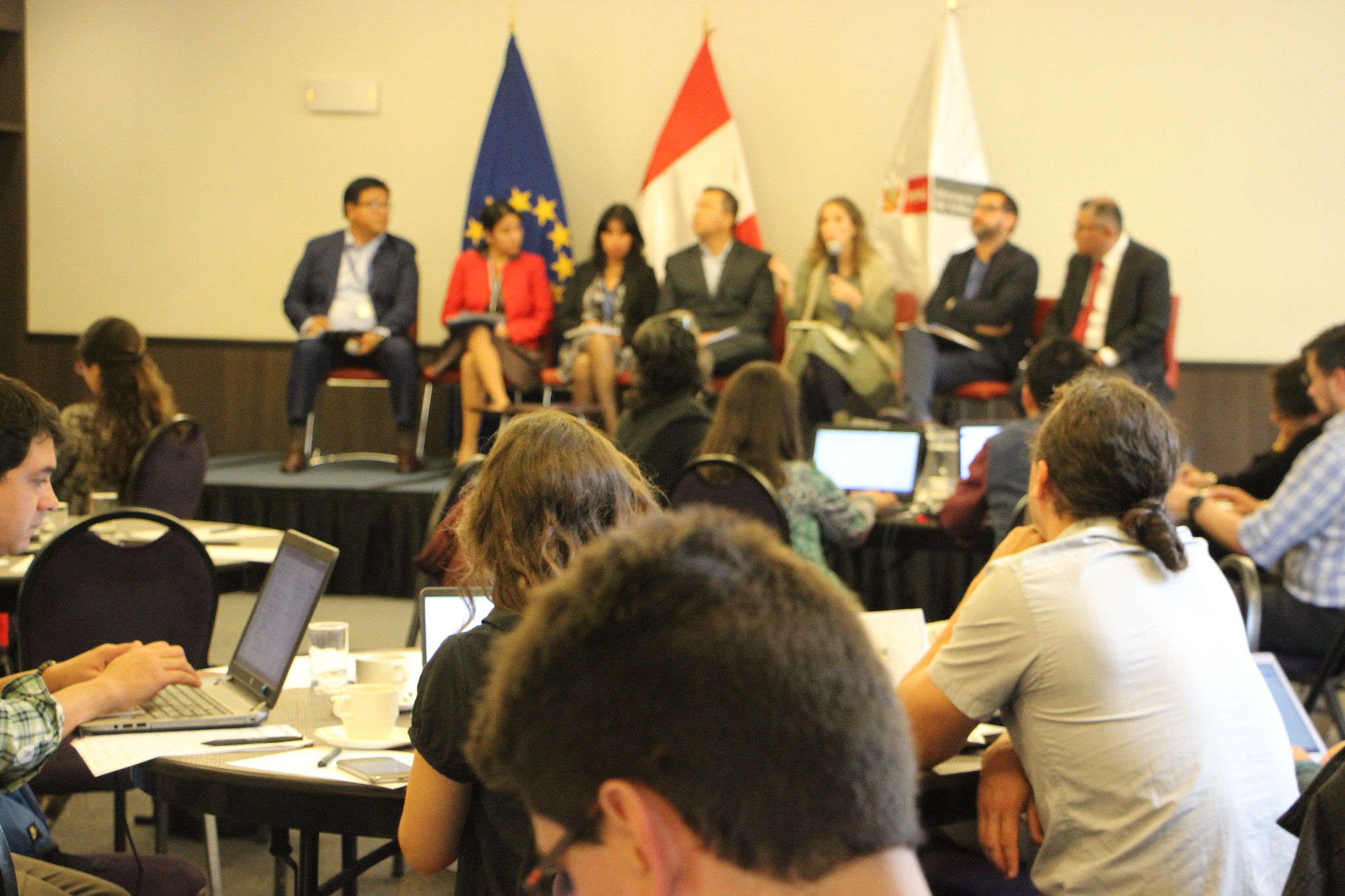
and personalized support through the Communities of Practice and the Climate Action Accelerator.
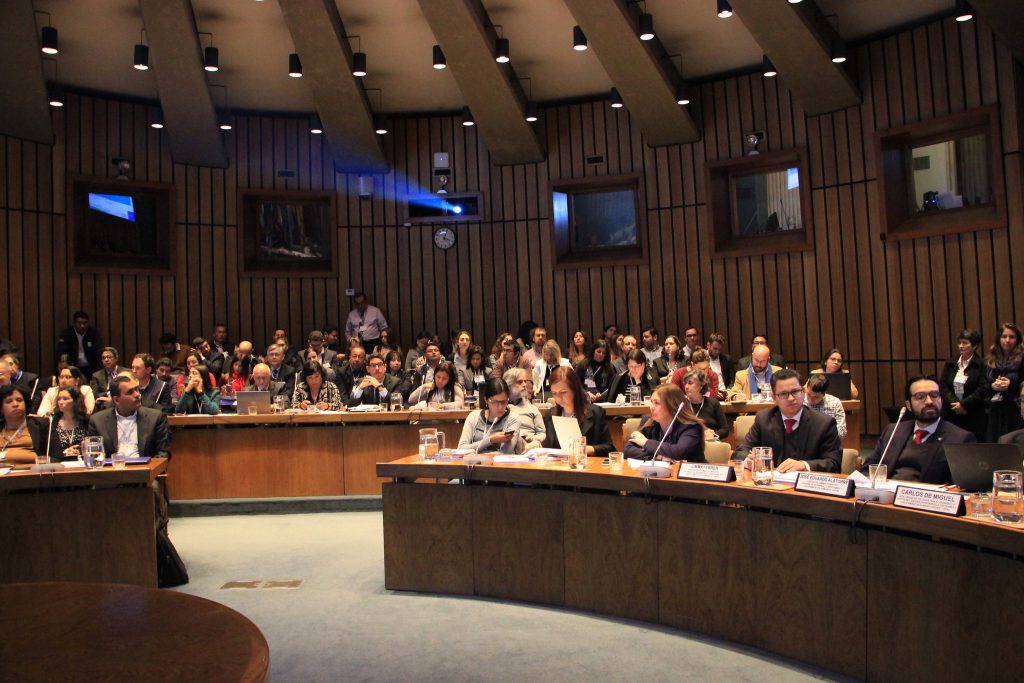
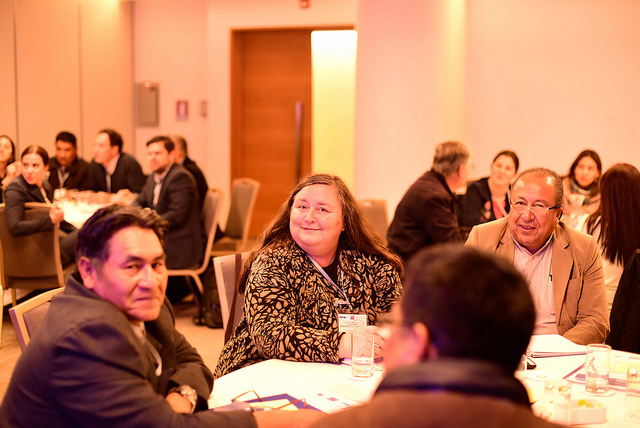
progress reports on climate action in the region, policy briefs, systematizations of regional learning and cases, and newsletters.
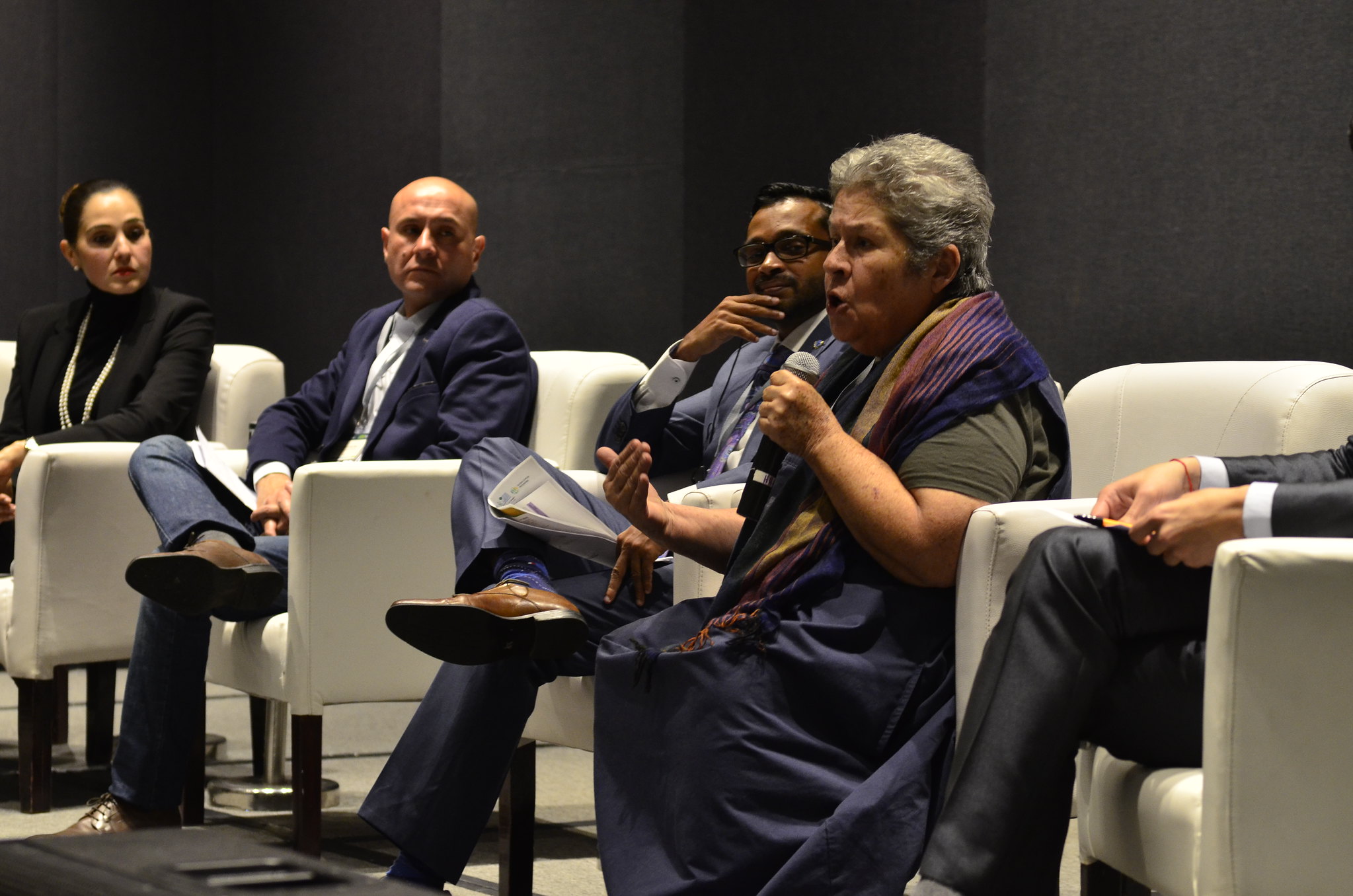
To achieve this, we carry out activities that allow us to strengthen and integrate a community of practice through:
The LEDS LAC Platform is coordinated by a Steering Committee, composed of public and private sector organizations, international cooperation agencies, multilateral banks, among others. It has three co-presidents.

Sandra Briceño Pérez is currently a support professional in the Climate Change Division of the Climate Finance and Means of Implementation Department of the Ministry of Environment of Chile. She is an economist by profession from the National University of Chile, with a Master's degree in Economics of Natural Resources and the Environment from the University of Concepción. He has extensive experience in proposing, formulating and implementing actions to facilitate and promote compliance with the United Nations Framework Convention on Climate Change, the Paris Agreement and the Nationally Determined Contribution (NDC). She has a strong background and experience in coordinating the Capacity Development and Climate Empowerment Strategy. She has also worked on the design, development and implementation of climate policies, programs and financial instruments, and on the measurement of climate change spending, contributing to the achievement of climate goals at both national and international levels. Sandra also participates in the Technology Development and Transfer Strategy and reports to the United Nations Framework Convention on Climate Change. In addition, she promotes climate action through the coordination and design of financial and economic instruments, capacity building and innovation in the public and private sector.
Carolina Chantrill is Director of Sustainable Mobility at Asociación Sustentar. In this role she oversees the association's activities aimed at promoting low-emission, sustainability and resilience strategies in the transport and mobility sector, assisting decision makers, building capacities through knowledge exchange and peer learning spaces, and strengthening networks of professionals and organizations. In addition, at the beginning of 2021 she joined the Center for Urban Economic Studies at Universidad de San Martín, coordinating the implementation of consulting and applied research projects. In the past, she was Provincial Director of Urbanism Provincial Agency of Social and Urban Integration of the Province of Buenos Aires, where she worked coordinating and supervising the work of multidisciplinary teams for the design and implementation of comprehensive interventions in more than 15 informal neighborhoods in the Conurbano Bonaerense. She has more than 10 years of experience working for the private, public and civil society sectors on issues ranging from environmental impact management, pollution remediation services, urban water and sanitation systems, urban waste management, watershed management and planning, urban development projects, improvement and integration of informal settlements, urban and infrastructure planning, urban technological innovation, mobility and low-emission transportation, among others. She is an Environmental Engineer (Universidad Católica Argentina, 2009) and Master in Urban Planning (University of Illinois at Urbana-Champaign, USA, 2015.

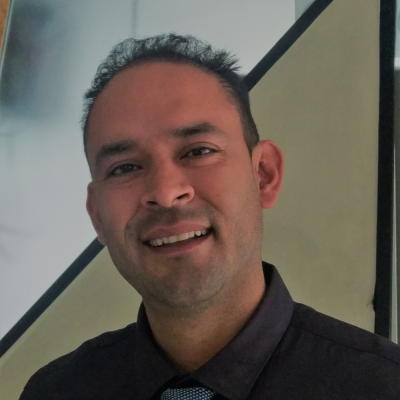
Fernando is a passionate climate change professional with extensive project management experience and expertise in strategic planning, climate policy, energy systems, gender mainstreaming, mitigation and adaptation strategies, private sector engagement and climate finance. Her professional career has included assignments with governmental, non-governmental and international organizations in different parts of the world. She first joined UNDP in 2016 as a project management and climate finance specialist for the ONUREDD Targeted Support program. He has also been Country Manager for e NDC Support Programme and the BIOFIN Biodiversity Finance Initiative with UNDP Ecuador. Fernando also held the position of Senior Regional Advisor on Climate Governance and Finance for the EUROCLIMA+ Programme in 2019 with GIZ in Colombia and today serves as UNDP Climate Promise Regional Coordinator for Latin America and the Caribbean.
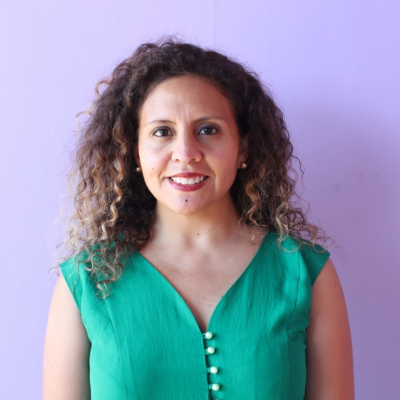
Milagros Sandoval is the General Director of Climate Change and Desertification of the Ministry of Environment (Minam) in Peru. She is a lawyer from the Pontificia Universidad Católica del Perú and has extensive experience in environmental law and policy. Prior to her current position, she worked on several projects related to climate change and sustainable development at Minam. Sandoval has been instrumental in advancing Peru's climate policies and initiatives to combat desertification and promote sustainable practices throughout the country.
Carolina Chantrill is Director of Sustainable Mobility at Asociación Sustentar. In this role she oversees the association's activities aimed at promoting low-emission, sustainability and resilience strategies in the transport and mobility sector, assisting decision makers, building capacities through knowledge exchange and peer learning spaces, and strengthening networks of professionals and organizations. In addition, at the beginning of 2021 she joined the Center for Urban Economic Studies at Universidad de San Martín, coordinating the implementation of consulting and applied research projects. In the past, she was Provincial Director of Urbanism Provincial Agency of Social and Urban Integration of the Province of Buenos Aires, where she worked coordinating and supervising the work of multidisciplinary teams for the design and implementation of comprehensive interventions in more than 15 informal neighborhoods in the Conurbano Bonaerense. She has more than 10 years of experience working for the private, public and civil society sectors on issues ranging from environmental impact management, pollution remediation services, urban water and sanitation systems, urban waste management, watershed management and planning, urban development projects, improvement and integration of informal settlements, urban and infrastructure planning, urban technological innovation, mobility and low-emission transportation, among others. She is an Environmental Engineer (Universidad Católica Argentina, 2009) and Master in Urban Planning (University of Illinois at Urbana-Champaign, USA, 2015.


Fernando is a passionate climate change professional with extensive project management experience and expertise in strategic planning, climate policy, energy systems, gender mainstreaming, mitigation and adaptation strategies, private sector engagement and climate finance. Her professional career has included assignments with governmental, non-governmental and international organizations in different parts of the world. She first joined UNDP in 2016 as a project management and climate finance specialist for the ONUREDD Targeted Support program. He has also been Country Manager for e NDC Support Programme and the BIOFIN Biodiversity Finance Initiative with UNDP Ecuador. Fernando also held the position of Senior Regional Advisor on Climate Governance and Finance for the EUROCLIMA+ Programme in 2019 with GIZ in Colombia and today serves as UNDP Climate Promise Regional Coordinator for Latin America and the Caribbean.
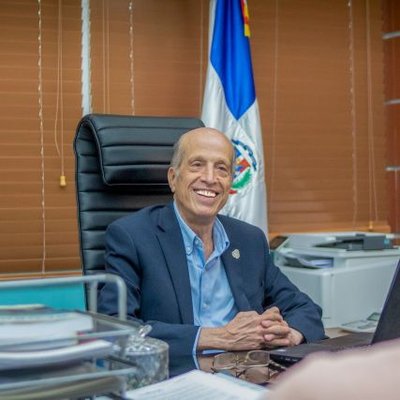
Executive Vice President of the National Council on Climate Change and Clean Development Mechanisms of the Dominican Republic. He has two undergraduate degrees, one in Public Law from France, graduating Summa Cum Laude, and the other in Sociology. In continuity with his law degree, he obtained doctoral degrees in Public Law and Political Science. He has been a professor at the Universidad Autónoma de Santo Domingo (UASD) for more than 40 years.
Colombian, specialist in public policy and climate finance. Her experience focuses on the design of Long Term Strategies for Decarbonization and the development of policies and instruments for the alignment of public finance to climate objectives. She was a Climate Change specialist at the IDB, senior advisor on finance and climate diplomacy at the British think tank E3G, and project manager for renewable energy systems in the energy sector. Marcela holds a degree in Mechanical Engineering and a Masters in Sustainable Energy Technologies. She has been a member of the LEDS LAC Steering Committee since 2018.


Costa Rican, Master in industrial engineering with international diplomas in climate change and innovation. His experience focuses on the promotion of sustainable development and the climate agenda in Latin America, with special emphasis on the role of the private sector. He has worked with several international cooperation agencies and regional business networks. He was Environmental Director of the Business Alliance for Development and currently works at GIZ as Regional Advisor for the EUROCLIMA+ Program of the European Union. He has been a member of the LEDS LAC Steering Committee since 2017.
During 2018 and 2019 the President was Francisco Maciel, CEO of the Intermunicipal Consortium of the Western Metropolitan Region of Sao Paulo (CIOESTE); and the Vice-Presidency was held by Pablo Rojas, Director of Environmental Dimension of the Business Alliance for Development (AED), Costa Rica.
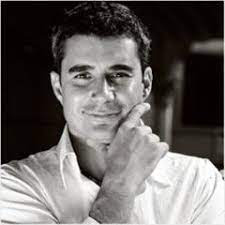

During 2016 and 2017, the Presidency and Vice-Presidency was held by Rodrigo Rodriguez, Executive Director of the Sustentar Association of Argentina, and Fernando Farias, Head of the Climate Change Division of the Ministry of Environment of Chile.
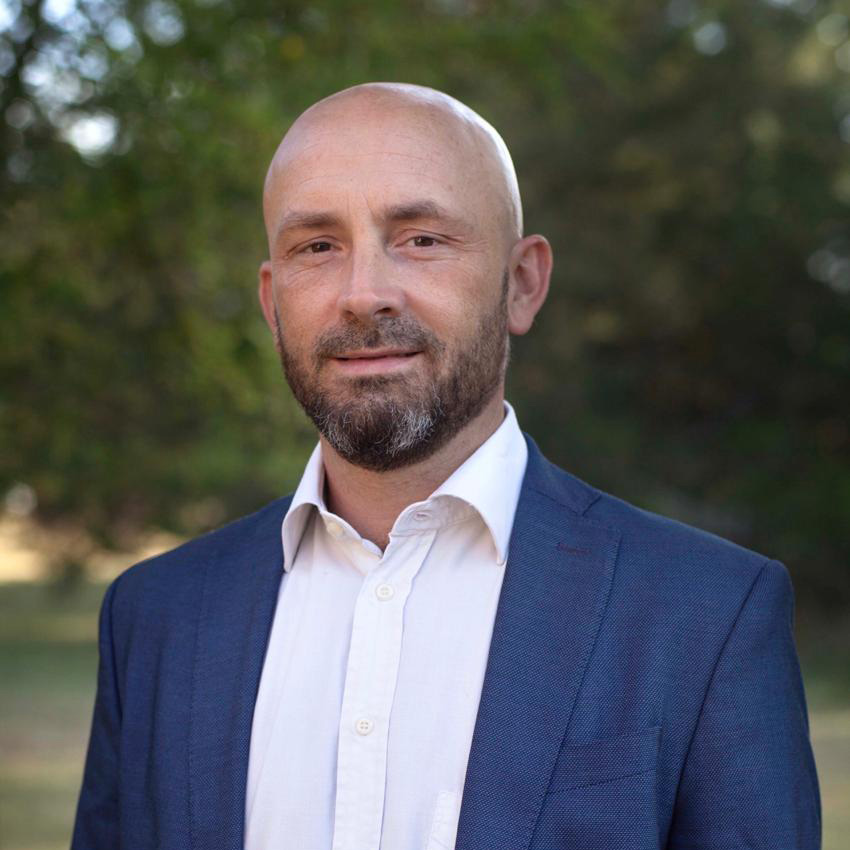
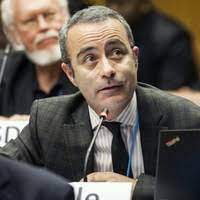
The Steering Committee is composed of representatives from the following organizations:









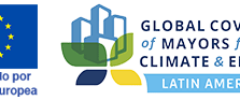


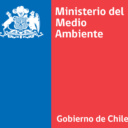

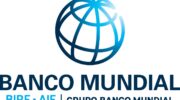
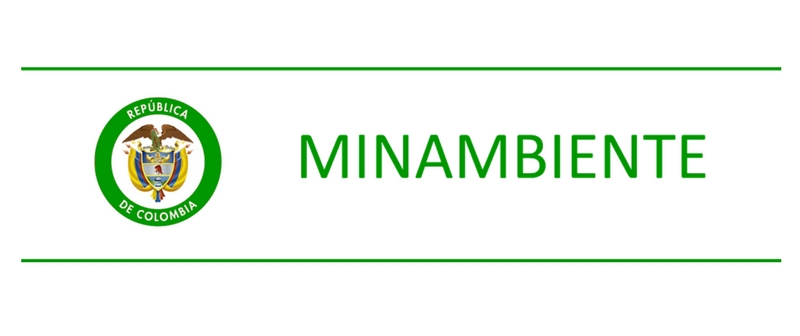
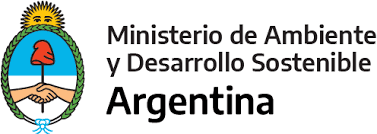
The LEDS LAC platform is a network of nearly 1,000 members, including representatives of governments and the private sector, non-governmental organizations, international cooperation organizations and academics working on the promotion and implementation of LEDS, facilitating the transition to a sustainable future in Latin America and the Caribbean.
LEDS LAC is a network of organizations and individuals working in the promotion, design and implementation of LEDS in Latin america and the Caribbean.